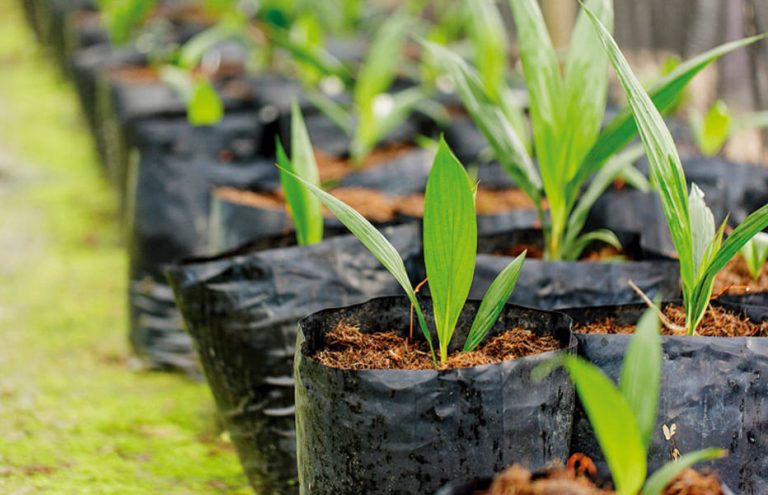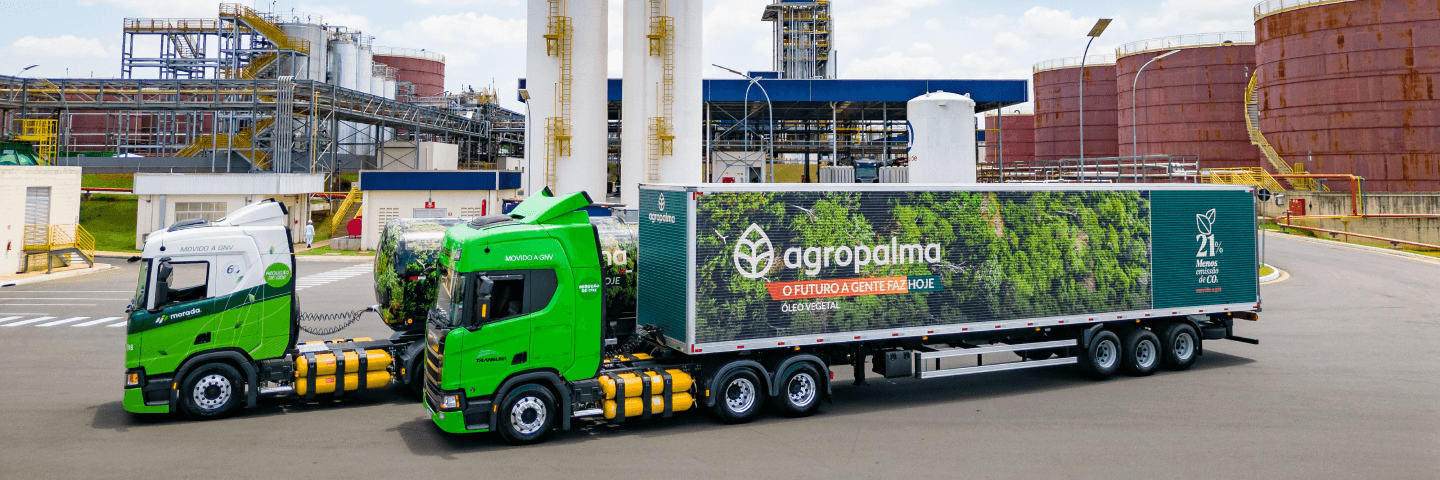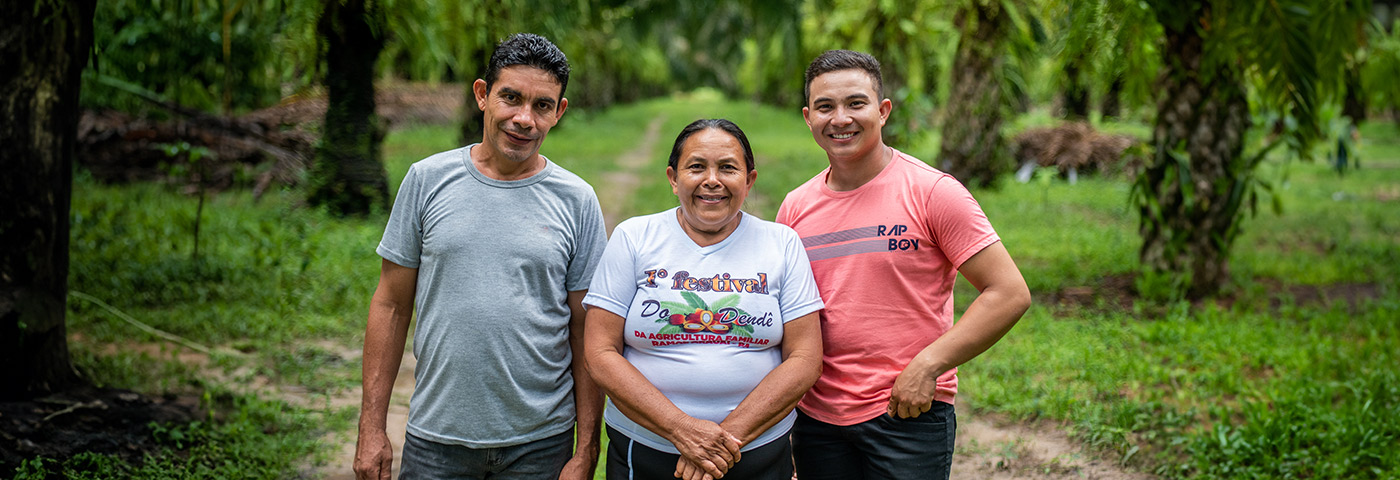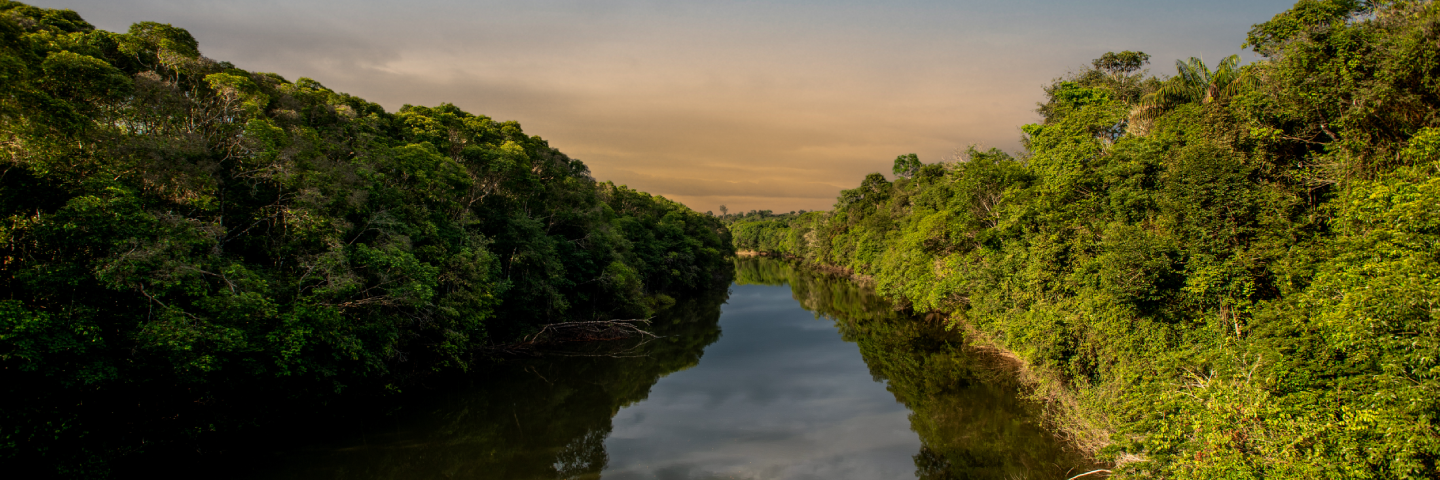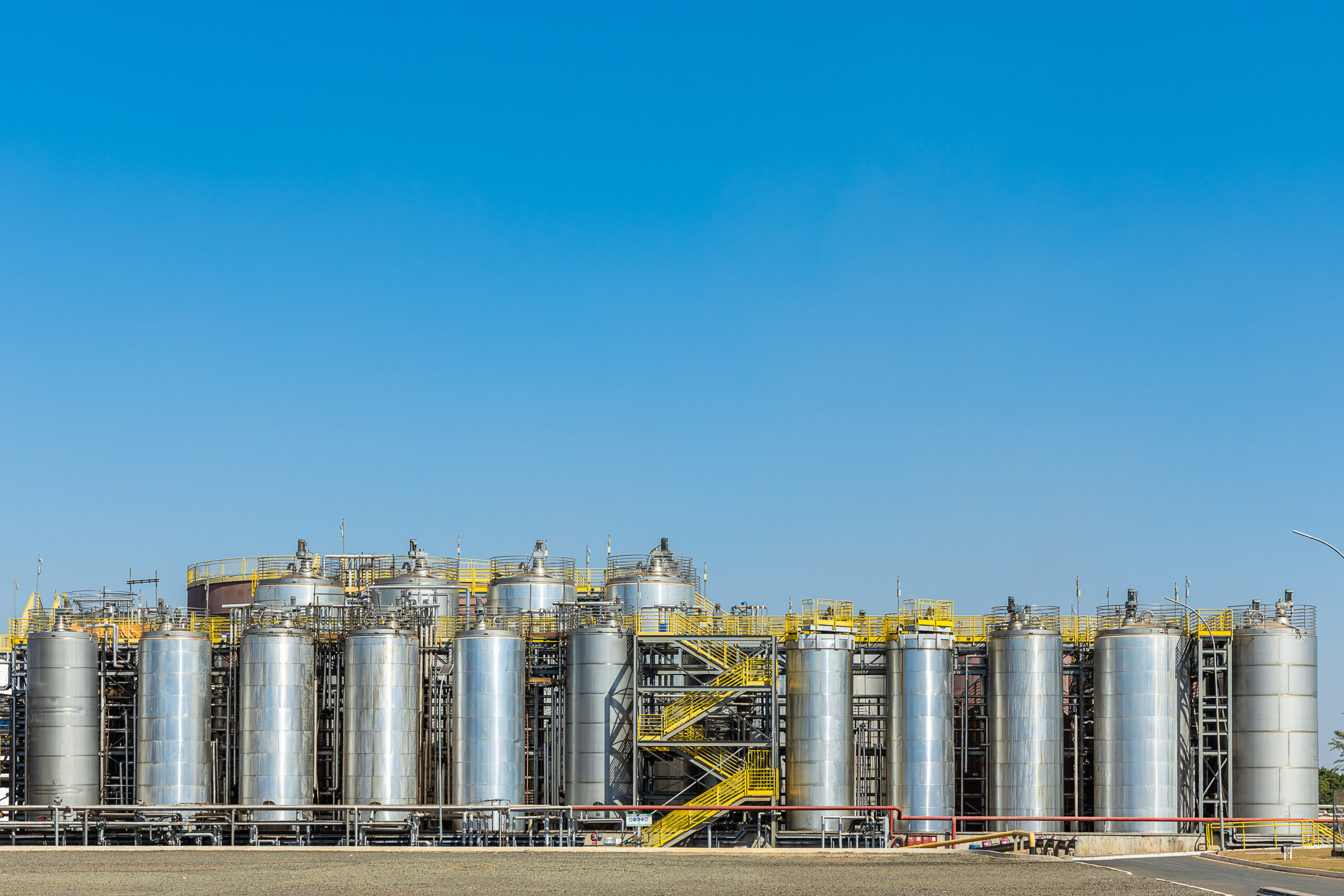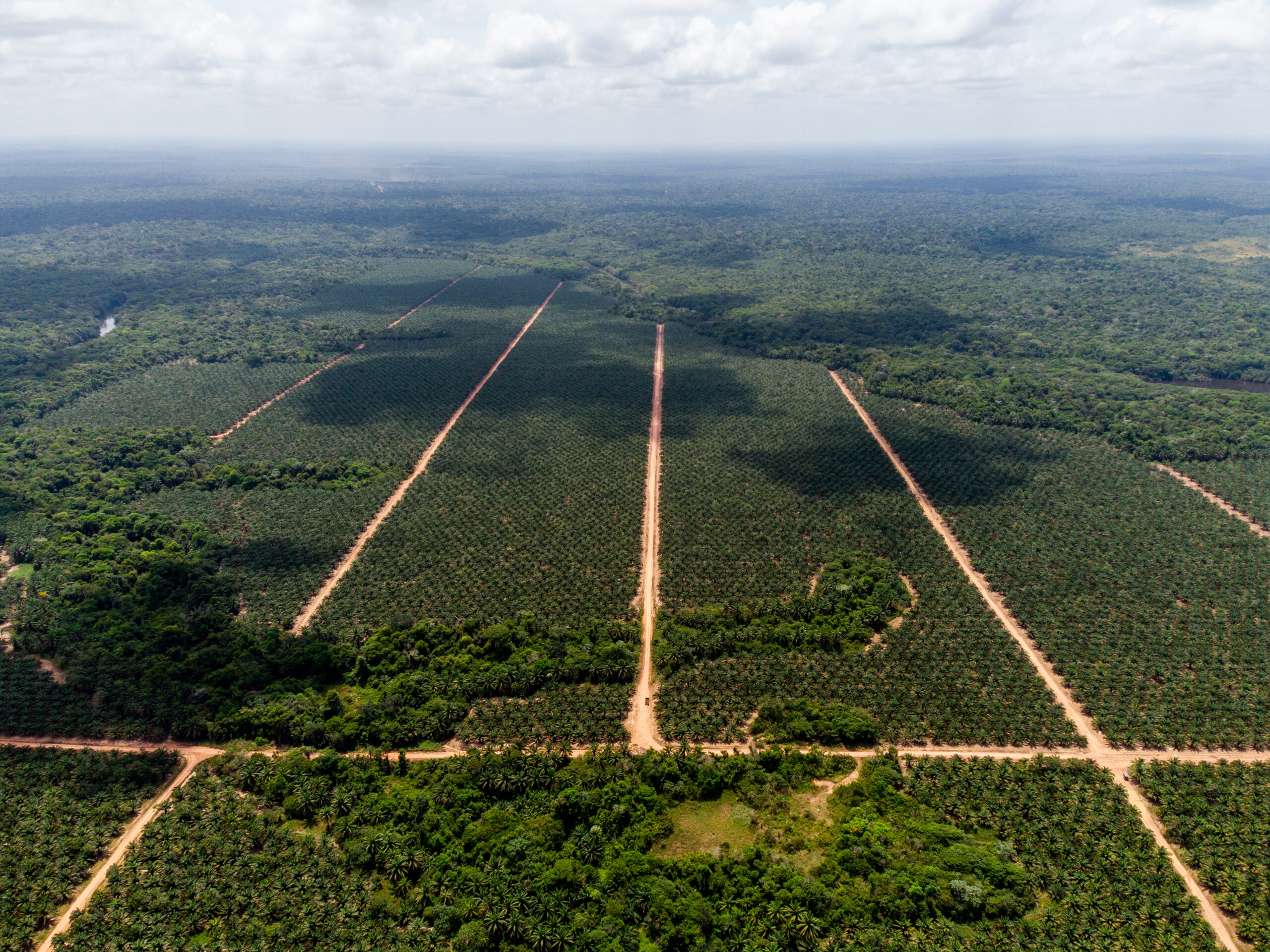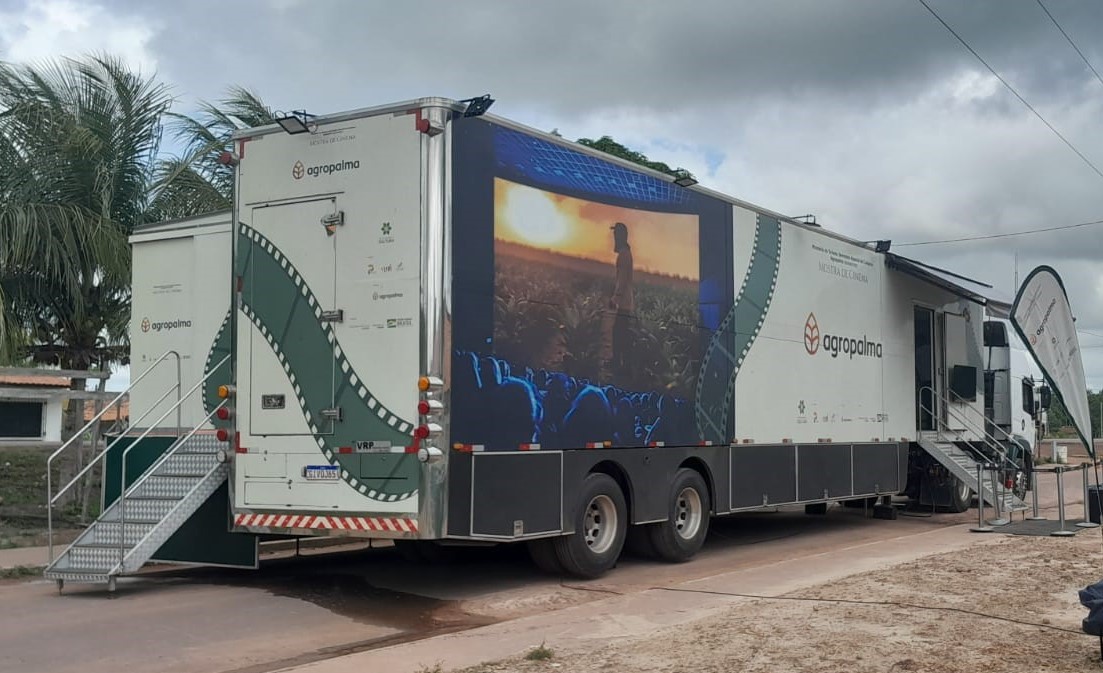Iracema da Silva Pinto worked on the manioc plantation, but the income was not enough to meet her basic needs. Pedro Paulo Furtado Lima worked in itinerant timber extraction, which required him to wake up at 4 a.m. every day and not be able to set down roots anywhere. Their living conditions and those of 202 other families in the Tailândia (PA) region have changed, for the better, since they became palm bunch producers. “For us this was a new beginning,” says Pedro Paulo.
These families are partners of Agropalma, the largest producer of sustainable palm oil in the Americas, in a project started 20 years ago with the provision of an area regulated by the State Government. Agropalma contributed with the technical assistance, the supply of inputs, and the guarantee of purchase of all the production. “Many of the selected families had income that ranked them below the poverty line. Now they enjoy their own homes, cars, and comfort,” proudly says the company’s agricultural officer, André Borba. The gross income of the family farmers involved increased, on average, 685%, reaching R$ 6,082 per month.
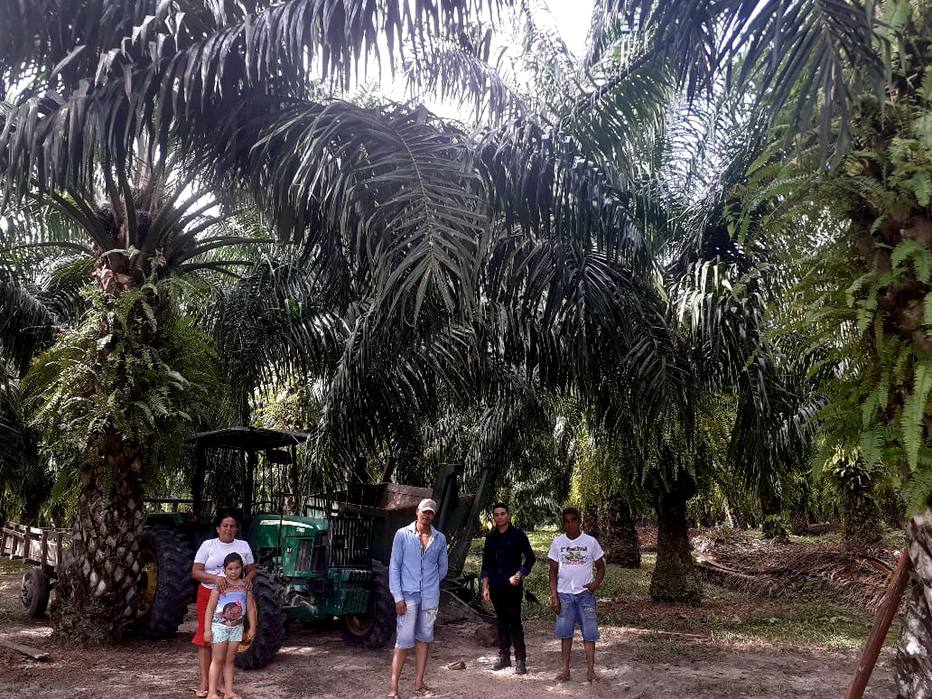
Full commitment
In addition to mitigating the rural exodus, the project strongly contributes to the economic dynamism of the region – thus proving that it is possible to reconcile income generation with sustainability in the Amazon. “The participating families become agents of consumption of goods and services, driving new job and income opportunities in the community,” describes Tulio Dias Brito, Sustainability Officer of Alfa conglomerate, of which Agropalma is part.
One of the project’s premises is that the associated producers must follow a series of parameters in cultivation, harvesting, labor relations, and environmental care, without deforestation or burning. All this is provided for in the Code of Ethics and Conduct for suppliers and service providers. These rules are checked on a daily basis by Agropalma’s technical assistance and checked in more depth during annual audits, such as those performed as a result of the RSPO certification, which aims to avoid negative impacts of palm oil cultivation on the environment and communities. “The commitment of producers is very high, so much so that the default rate is zero. All of them manage to reach the minimum production target”, says Agropalma’s Family Farming and Partners manager, Felipe Bigarelli, referring to the model in which producers receive credits that are later settled with part of their production.
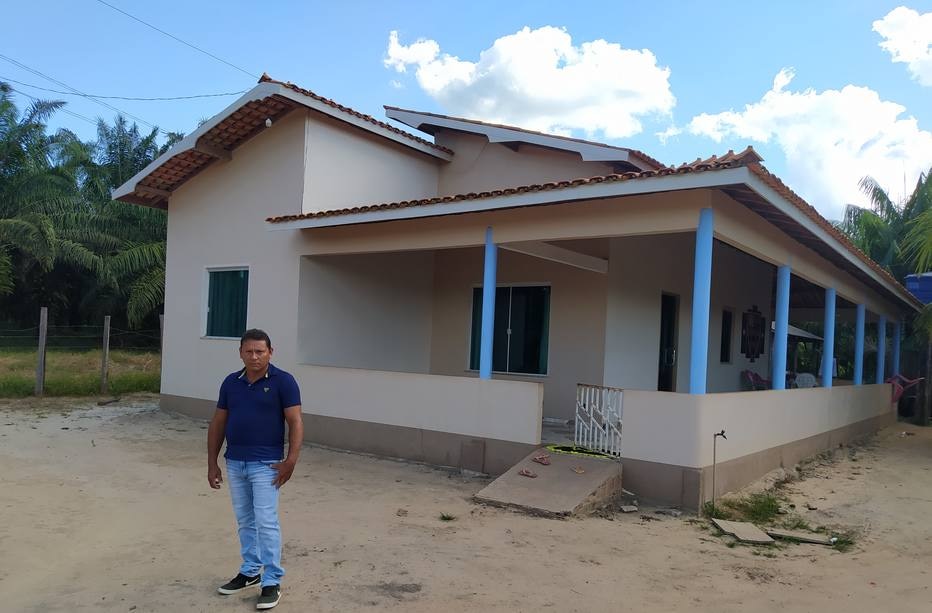
Production chain
Agropalma has six crude oil extraction mills in Tailândia, an export terminal in Belém (PA) and two palm oil refineries in Belém and Limeira (SP). The company operates in the entire production chain, from seedling cultivation to the production of refined oil and special fats. In Brazil, about 80% of the production of this oil is earmarked for the food industry, as raw material for widely consumed products, such as cookies, ice cream, dairy drinks, and spices. In total, the company cultivates 39,000 hectares and has a further 64,000 hectares in forest reserves, which it protects and monitors. It provides about 6,000 direct jobs and maintains agri-villages with full infrastructure for employees in Tailândia.
“Many of the selected families had income that ranked them below the poverty line. Now they enjoy their own homes, car and comfort.”
André Borba, Agropalma’s Agricultural Officer
 Back
Back